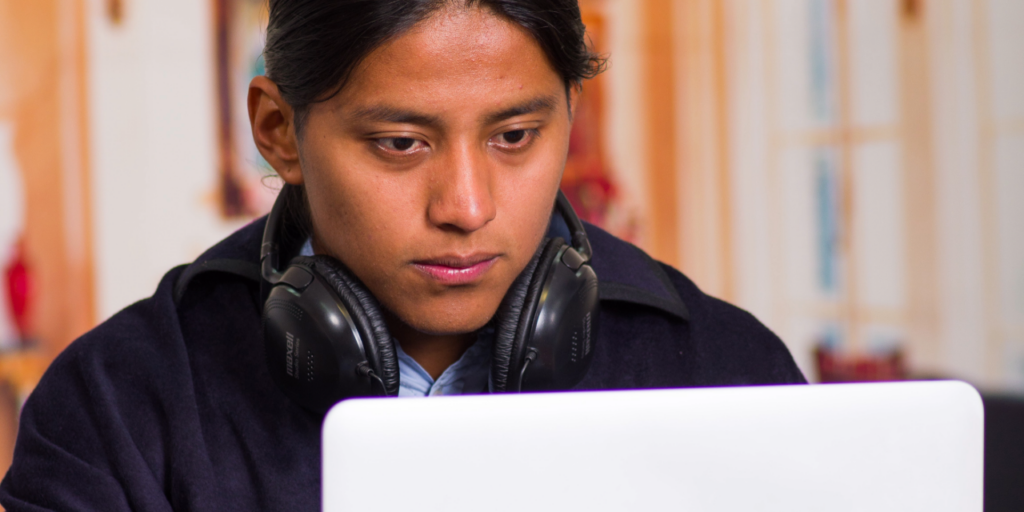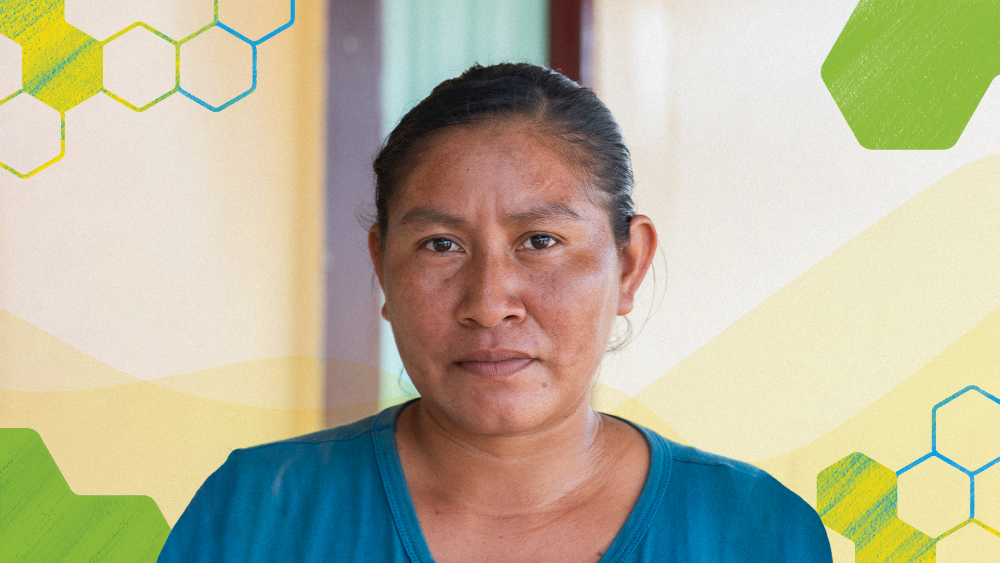Despite its significant decline in recent decades, poverty remains a persistent and complex development challenge in Latin America and the Caribbean. Understanding how poverty varies in the region is relevant but not simple. In particular, inequalities between men and women can go unnoticed in poverty analysis, as all household members are often considered poor when the … [Read more...] about Measuring Poverty between Men and Women: What does the Evidence Say?
Evidence to Reduce Inequalities in Latin America and the Caribbean
How can evidence contribute to reducing ethnic and racial inequalities from one generation to the next? What role do biases—conscious or unconscious—play in medical, judicial, or police decisions? What do we know—and what do we need to know—to design more effective public policies that support all people? These and other questions were at the heart of the annual … [Read more...] about Evidence to Reduce Inequalities in Latin America and the Caribbean
Five Priorities for a Coordinated and Comprehensive Approach to Violence Against Women
If you have ever watched a beehive, you would have noticed that it operates through coordination. Each bee plays a role in a system based on communication, cooperation, and a shared purpose. In a similar way, institutional responses to violence against women require coordination and a comprehensive approach. Based on this promise, the 2025 Regional Policy Dialogue entitled … [Read more...] about Five Priorities for a Coordinated and Comprehensive Approach to Violence Against Women
Women’s Football: A Platform for Development
FIFA’s women’s football revenues reached US$1.17 billion in the first year of the 2023–2026 cycle, reflecting growing interest and economic potential. In Latin America and the Caribbean, attention is now focused on one of the sport’s most important events: the Women’s Copa América. This tournament will showcase outstanding talent and serve as a key opportunity to analyze the … [Read more...] about Women’s Football: A Platform for Development
A Coffee Shop That Opens Doors
Last week, I walked into a café in Charlotte, North Carolina, looking for my morning coffee. What appeared to be a charming coffee shop in a trendy neighborhood turned out to be a movement for inclusion disguised as a café. The employees at Bitty and Beau’s have Down syndrome—a genetic condition where people are born with an extra chromosome, which affects the way their brain … [Read more...] about A Coffee Shop That Opens Doors





